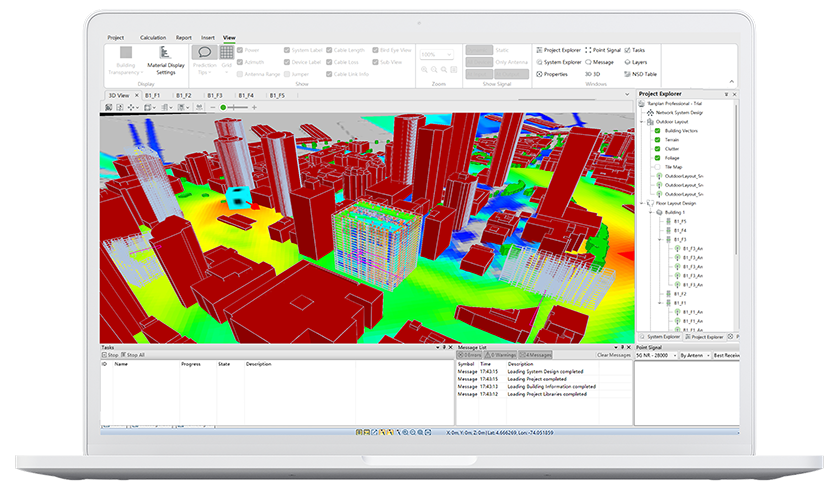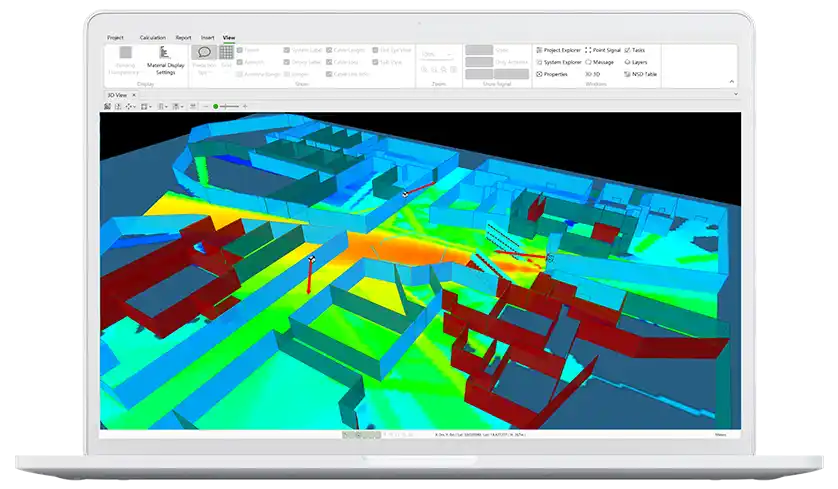In addition to enhanced spectrum efficiency, the expansion of spectrum bandwidth and traffic offloading via WiFi, the deployment of small cells is considered one of the most promising strategies to accommodate the demand for broadband mobile services, particularly in indoor and outdoor environments over the next decade.
Implementing small cells within a macrocell coverage area results in a multi-tier heterogeneous network (HetNet), where various types of access nodes, including macrocells, femtocells, and relays, will coexist.






